Greater Efficiency in Noodle Production
Vacuum solution reduces maintenance and operating costs in noodle production
The digital magazine offers news, insights, trend reports, interviews and background information on current themes of the foodtec industry. Once a month, new specialised content with changing focal points will be published. The focus is thereby on the main themes of Anuga FoodTec.
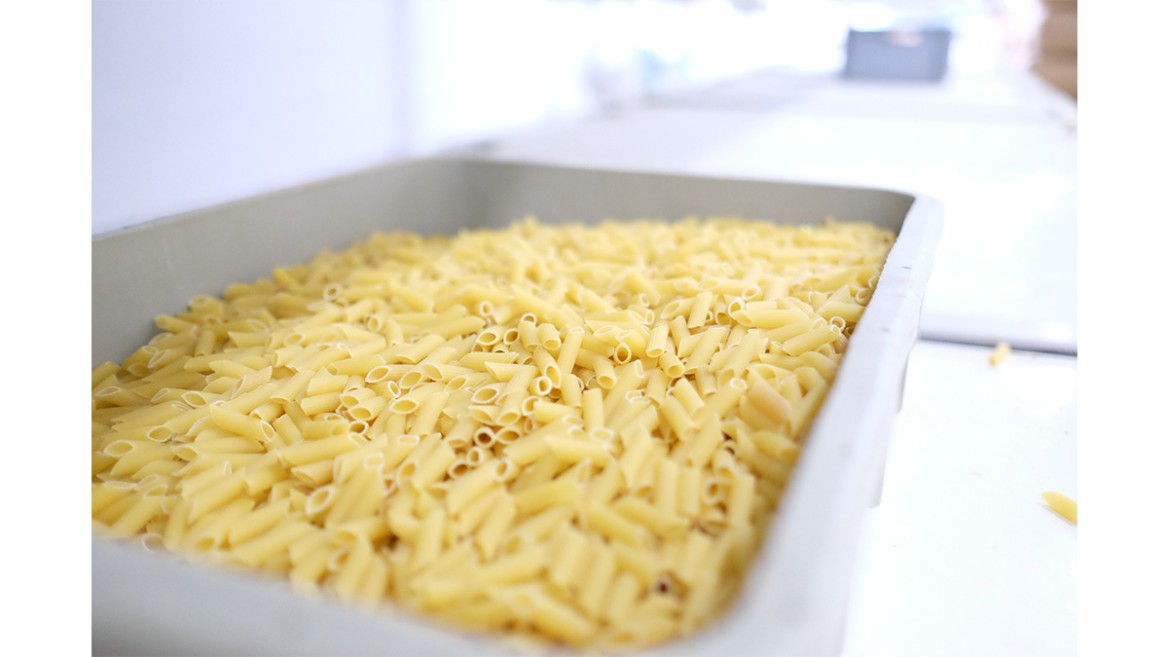
Vacuum solution reduces maintenance and operating costs in noodle production

How food processing companies can use heat pumps to reduce their energy costs, achieve climate targets and remain competitive in the long term.

The use of heat recovery systems promises both financial and ecological benefits for the food industry.

The ProFry industrial fryer system from Gea sets new technological standards with its patented, automatic inline oil measurement.
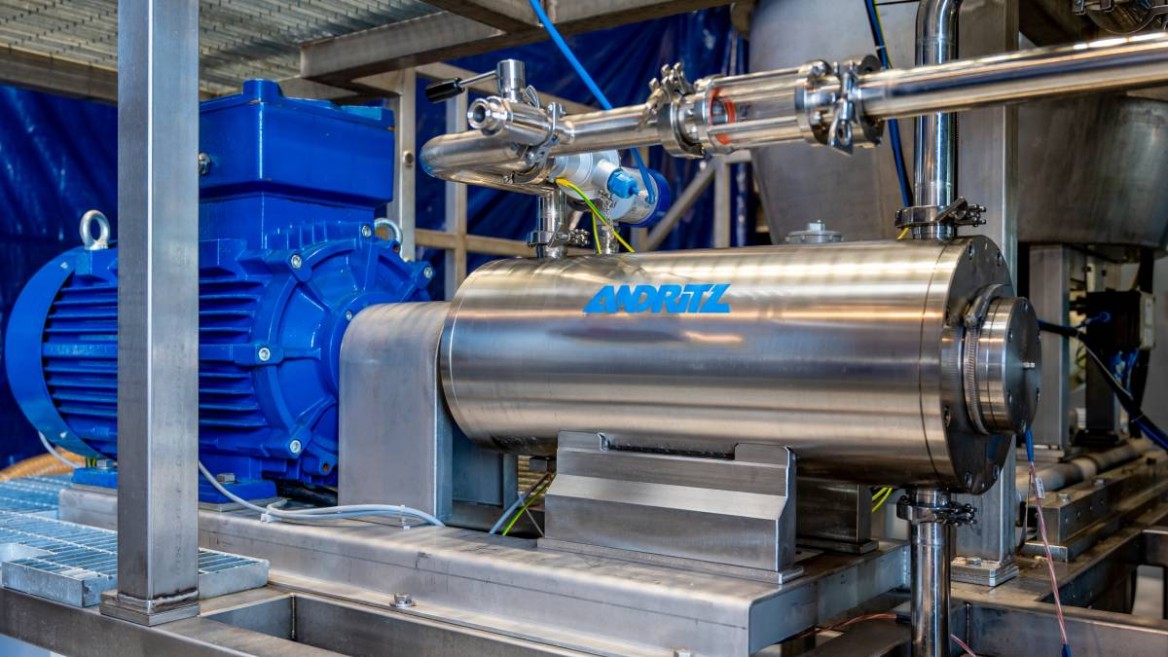
New technology for cavitation extraction in the counter-current area – efficient extraction impresses experts from the food industry.

Kathrin Eckhardt on the advantages of a new temperature control system for sealing dairy products.
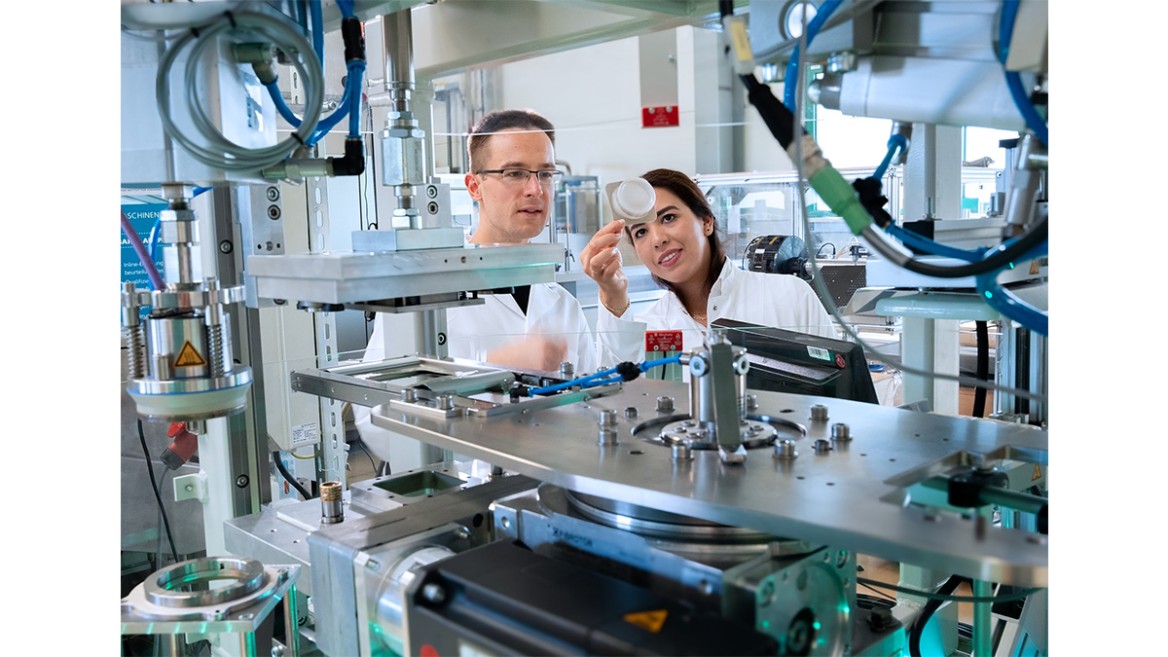
Optimization of recyclable and recycled packaging systems using artificial intelligence

The EEASY lid is an aluminium lid for preserving jars that reduces the vacuum seal by simply pressing a button on the lid.

Manufacturers of packaging machines are paving the way for more sustainable food packaging with innovative solutions.

UV-C systems ensure hygienic safety of air, water, and surfaces – without the use of chemicals and in compliance with relevant standards.

TOMRA's Foreign Material Identification (FMID) solution uses artificial intelligence and cloud technology in real time.

Cooperation between WHO and BfR will increase food safety in an era of global commodity flows and improve the nutrition of people around the world.

Predictive maintenance and proactive services are becoming increasingly important in the food industry.
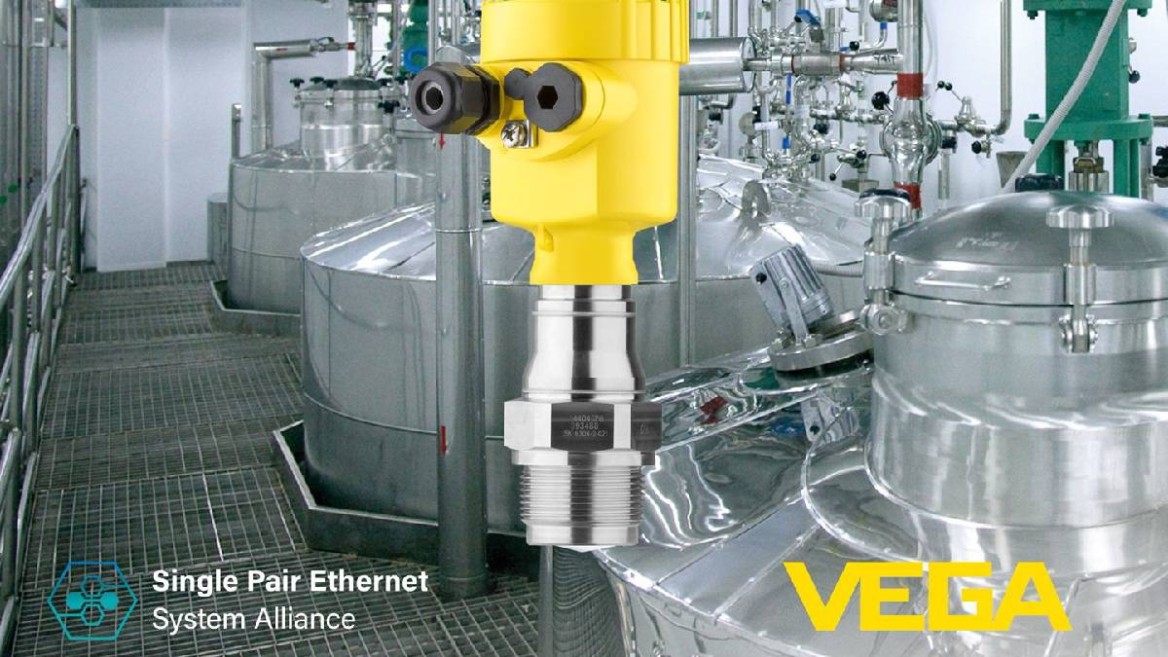
VEGA is involved in the Single Pair Ethernet Alliance (SPE) in order to offer customers the best possible networking in digital infrastructures.

GEA and OmegaLambdaTec are cooperating to develop AI-based sustainability solutions for water management in dairies.
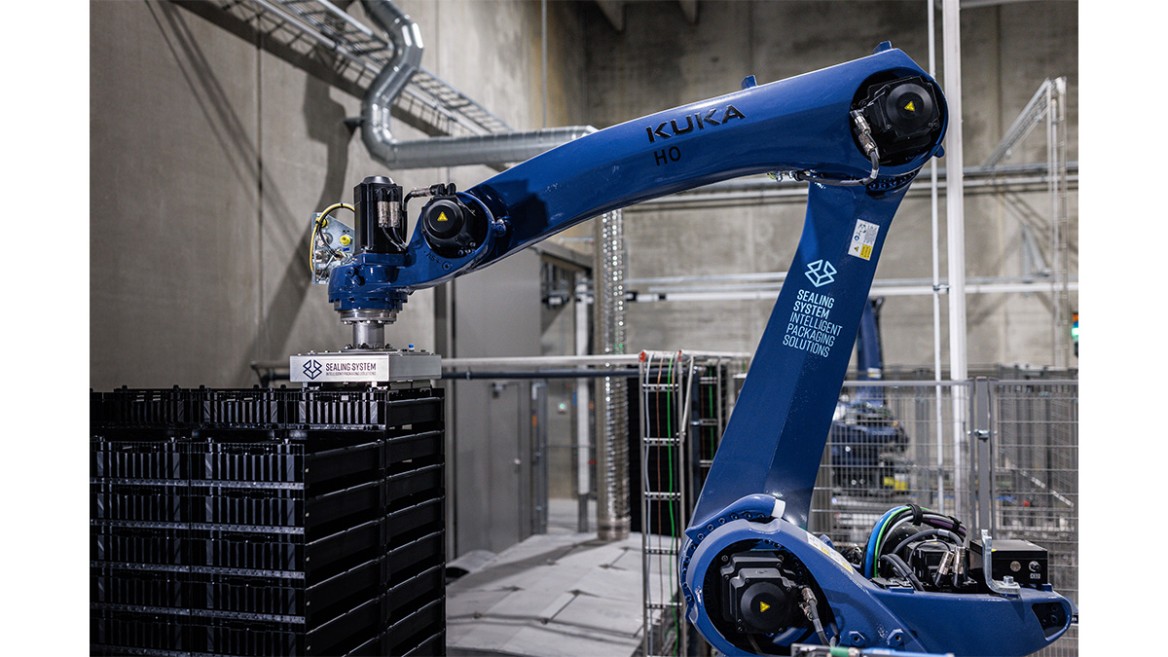
KUKA demonstrates how modern robotics solutions combine skilled labour shortages, hygiene requirements and increased efficiency in palletising.
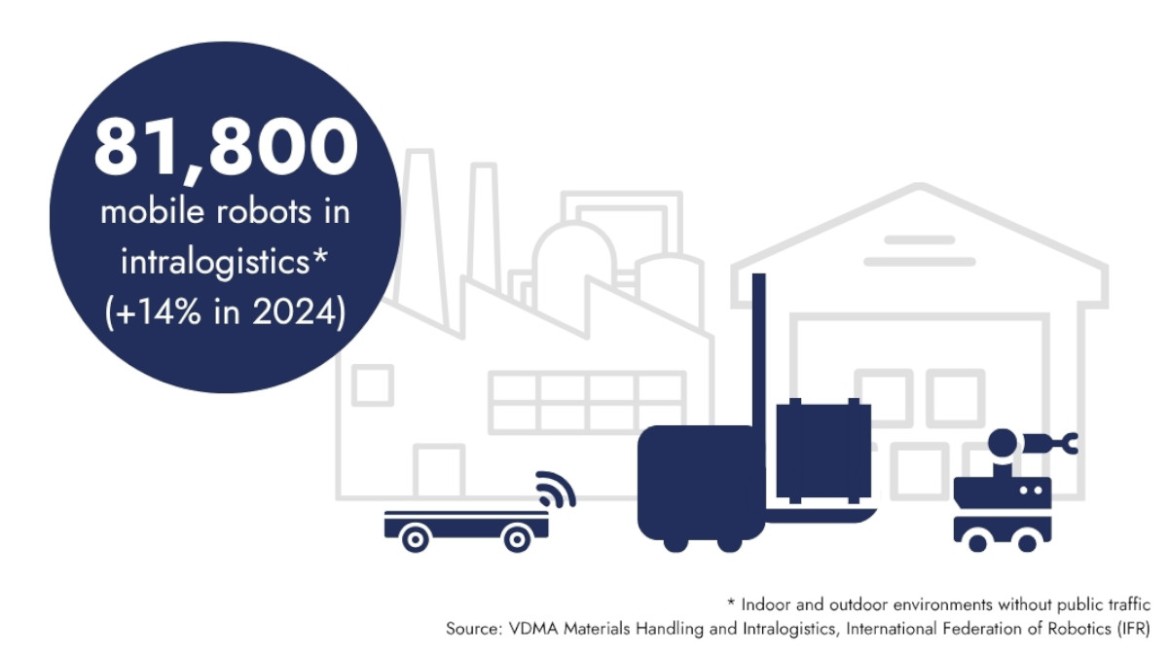
According to “World Robotics 2025 – Service Robots,” sales of mobile robots in intralogistics are increasing worldwide.

Accelerate processes, save energy and sustainably increase operational efficiency in deep-freeze warehouses with automation, AI and robotics.

The SuperSustain international research project is investigating how supermarkets can promote sustainability in consumption and production.

Yeastup AG extracts vegan proteins for human nutrition from brewery by-products in a sustainable circular process.

Which of today's trends have the potential to influence the food sector in 2035, and what might this look like?